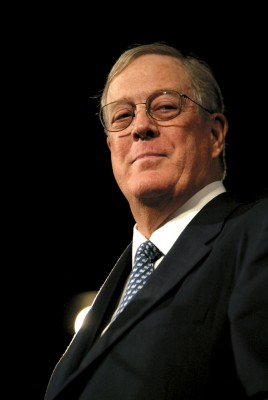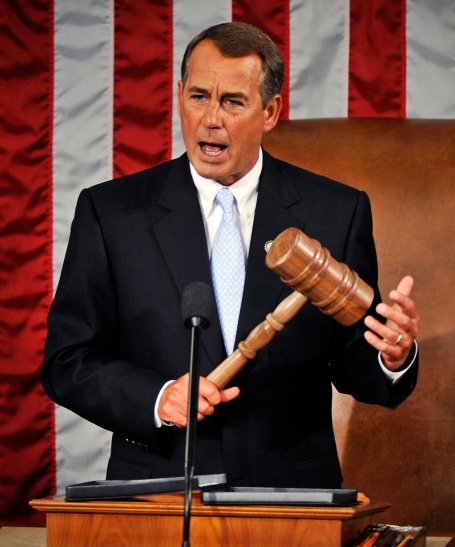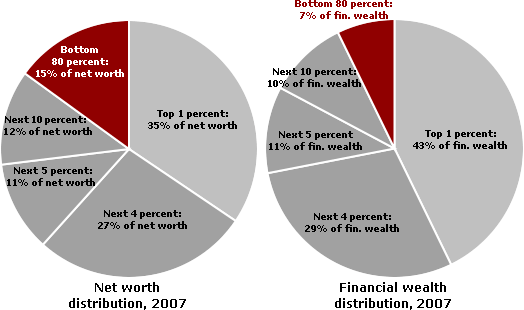httpv://www.youtube.com/watch?v=xFbPz6hMa1c
Here’s the real Stephen Harper addressing “real Canadians” on a completely phony issue
The Conservative attack ads are now non-stop, and it’s many weeks, maybe even months away from an election. When they aren’t running attack ads, they’re running “government of Canada” ads, which means tens of millions of tax-payer dollars spent to spit-polish the Harper government at our expense. During peak viewing hours, every second commercial break has either one or the other of them in an unending manic-depressive cycle of reassurance and vituperation.
It may be that this strategy will ultimately backfire because the motives are so transparently cynical. You don’t have to be partisan to find it distasteful to be incessantly nagged, poked and tugged at, especially when your own money is paying for the trouble.
I’ve posted the video above before, but it’s worth watching again. No filters. No public relations. No image consultation. Just an undiluted expression of bigotry, fear and resentment. According to Stephen Harper, there are “real Canadians,” and then there’s everyone else — which, minus the minority who voted for him in the last election, is two thirds of the population.


